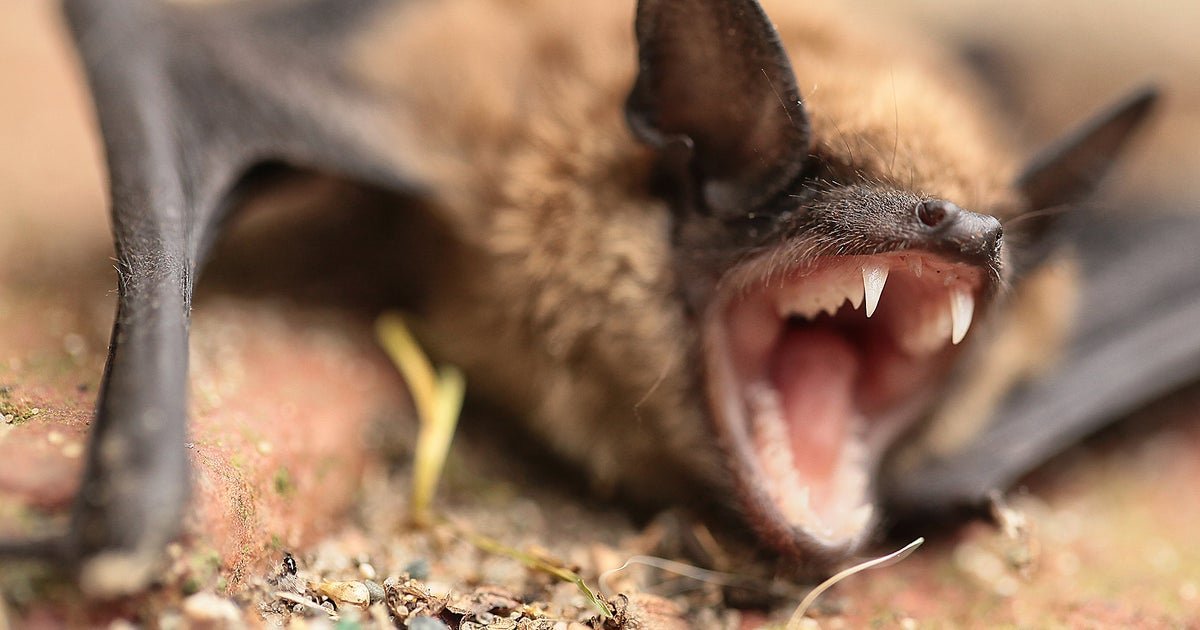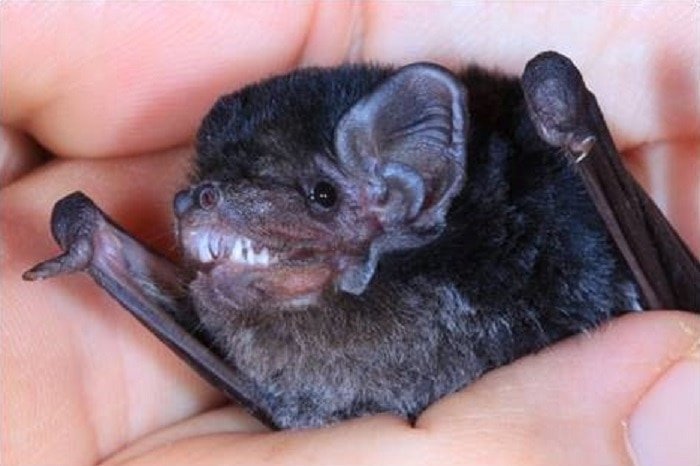Bat Attack Horror: Pilbara Woman’s Desperate Fight Against Deadly Virus After Frightening Encounter
- A Pilbara resident has been left shaken after being bitten by a bat, sparking a warning for people in Western Australia’s north to avoid contact with the flying creatures.
- The woman, Elizabeth Heseltine, required a painful course of treatment to prevent the deadly lyssavirus, which is found in a small proportion of the Pilbara’s bat population.
- Experts have warned that lyssavirus can be transmitted to humans through bat bites and scratches, with a high mortality rate if left untreated.
Karratha resident Elizabeth Heseltine thought she was doing the right thing when she tried to catch a bat that had flown into her house. But in a split second, the bat bit her, and her life was turned upside down.
“I didn’t think anything of it — I mean, I’ve worked around animals my whole life and just thought, ‘Oh well, it’s fine, Australia’s pretty disease-free,'” Ms Heseltine said, recalling the terrifying moment.
But when she called the Health Direct line, she was advised to attend hospital immediately to seek treatment. “I spent most of the day there and can tell you from experience that the course of treatment is not overly pleasant,” she said.
Ms Heseltine was treated with immunoglobulin injections in her finger and will require further follow-up injections. She was stunned to learn that she was not the only one to be bitten by a bat recently, with the doctor joking that it must have been a full moon.

“The doctor made a joke about whether it was a full moon or not, because apparently I’m like the fourth person recently to get bitten by a bat,” she said.
According to Curtin University professor of ecology Bill Bateman, the main concern with bat bites is the transmission of lyssavirus, which is similar to rabies and has a very high mortality rate if humans get it. “Fortunately, only a tiny percentage of bats have been shown to have lyssavirus, but of course it’s just not worth taking the risk if you get in any way scratched by a bat,” Dr Bateman said.
Dr Bateman warned that bats might bite as a result of being ill or people trying to get them out of their houses. “If the bat is flying around, the best thing to do really is just to open the window and the bat should find its way out,” he advised.
The Department of Health has also issued a warning, stating that any person bitten, scratched, or exposed to a bat should seek medical attention as soon as possible to care for the wound and to assess whether they are at risk of infection.

